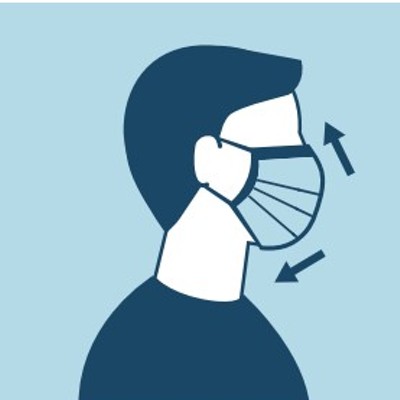After the physical body has been probed, scoped or declared dead, it's often the hospital chaplain who deals with the emotional fallout from patients or their families. Chaplains listen to the issues that physicians and medical personnel aren't necessarily comfortable or trained to deal with--ranging from one's concern about paying a hospital bill to one's sense of hope, love and greater purpose in life. Caring for patients in this "spiritual" way has not only attracted the attention of the nation's top medical schools and journals, it has become routine subject matter in the curriculums and clinical initiatives of half of all medical schools and hospitals in the U.S.
Tucson's 300-bed Veterans Administration Hospital, operated by the federal government, treats a diverse population of patients and has had spiritual care services since its inception. According to Chief Operating Officer Spencer Ralston, every patient admitted sees one of three staff chaplains within 24 hours. In 2001, that numbered 6,777 patients.
"Since the 1930s VA patients have been treated holistically--body, mind and spirit. We have become a leader in patient safety and satisfaction over the years through continuity of care, which the chaplains are a significant part of. They are integrated into the interdisciplinary medical, surgical and mental health treatment teams and are not considered 'outsiders,'" Ralston said.
This philosophy of care also seems to be embraced, albeit more tentatively, by Tucson Heart Hospital, which is privately owned by Medcath. With one staff chaplain hired last fall to meet the needs of patients at this 60-bed facility, CEO Gary Toche says it will take some time to assess the impact of spirituality on patient care and whether or not this service will be continued. "Our mission is cardiovascular care and we have high intensity programs to provide that. The Medcath philosophy is that a chaplain is necessary for that level of patient although a committee decides if it is clinically and financially justifiable."
According to Toche, staff chaplain Ginner Bonner and a few volunteers provide spiritual care services 24 hours a day, seven days a week. Bonner has also initiated an eight-week training program in the basics of spiritual care that is free for hospital staff and open to the public for a fee. Toche said that even though employees, management and doctors believe in spiritual care, it is difficult after less than a year to determine the economic value of the program.
At Tucson's two level-one trauma centers, these types of programs are at risk of being diminished or eliminated. The 600-bed Tucson Medical Center decided not to replace one of two staff chaplains who retired last year, citing financial reasons. It now relies heavily on volunteers from local parishes to fill the void. University Medical Center last year marked the end of more than 20 years of a clinical pastoral education program and 24-hour year-round spiritual care coverage by an average of eight clinically trained residents and interns. Now only one staff chaplain is available to meet the needs of the 375-bed hospital.
Greg Pivarotto, UMC president and CEO, said it was a sign of the times rather than a lack of need. "In the last round of budget cuts, pastoral care was the area that was most hotly debated and people felt the most strongly about. I don't believe a hospital exists that says they don't need a chaplain. When dealing with life and death, how could anyone believe that for a moment? Yet Medicare wants to trim back what it pays us by not keeping up with inflation. If you can't get inflation, it means you cut. We're expected to be state of the art, compete at the local level and not turn away anyone in need of emergency care. When faced with that, what's left, where can you trim?"
UMC has since drawn funds from an endowment to provide weekend night spiritual care coverage and to support staff chaplain Will Tilley and per diem chaplain Susan Berryman in expanding a volunteer program currently underway.
The VA's Ralston doesn't necessarily agree with cutting spiritual care. "I've never worked at any place that has cut the chaplains. The VA hospital system is number one in terms of revenue because we also bill insurance companies. When we do see a 16 percent increase in the number of patients admitted with no increase in staff and our budgets are flat, what do you save by cutting out one of the chaplains? Especially with the overall benefit in getting the patient out of the hospital faster. The department is already small enough."












